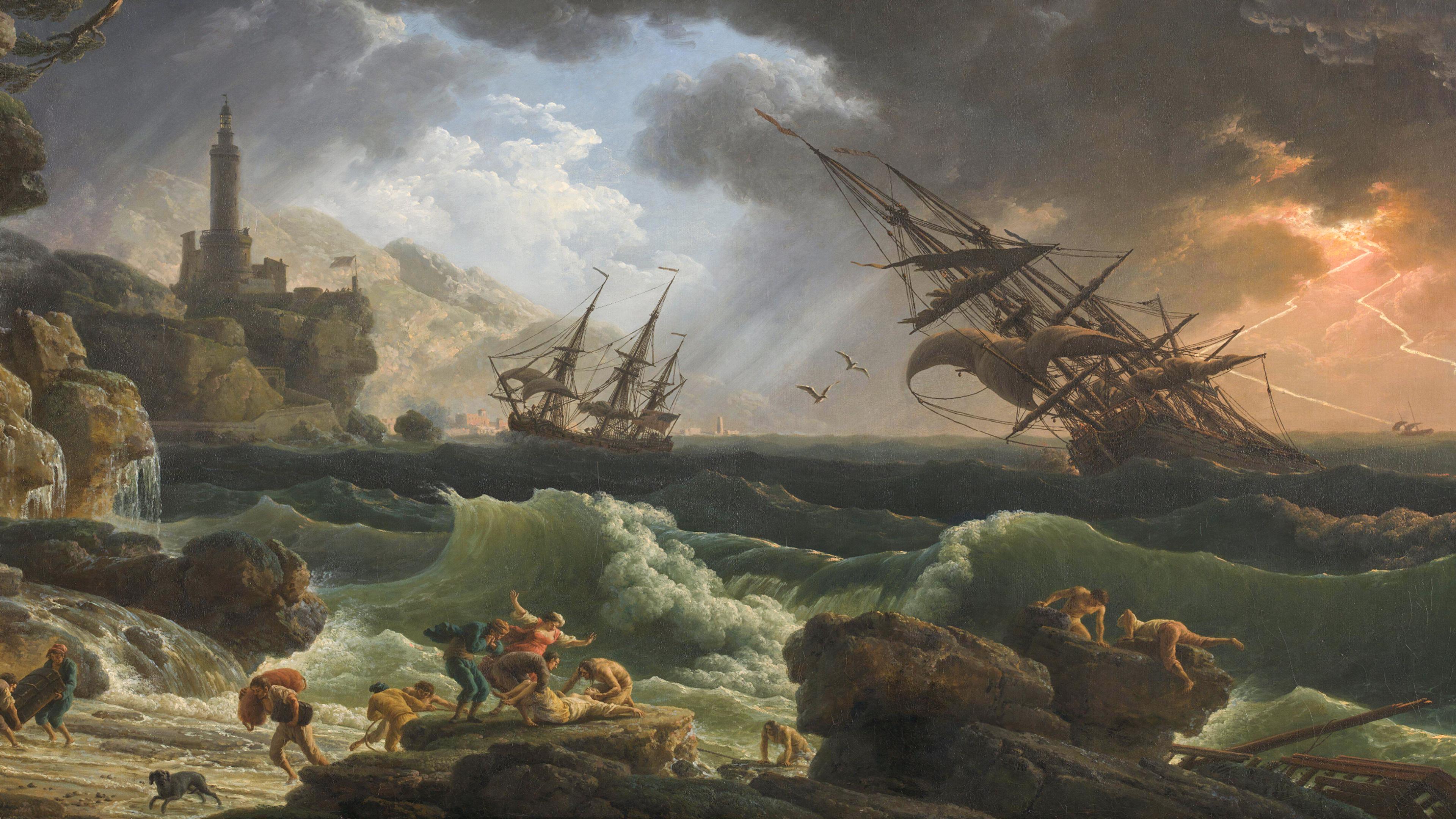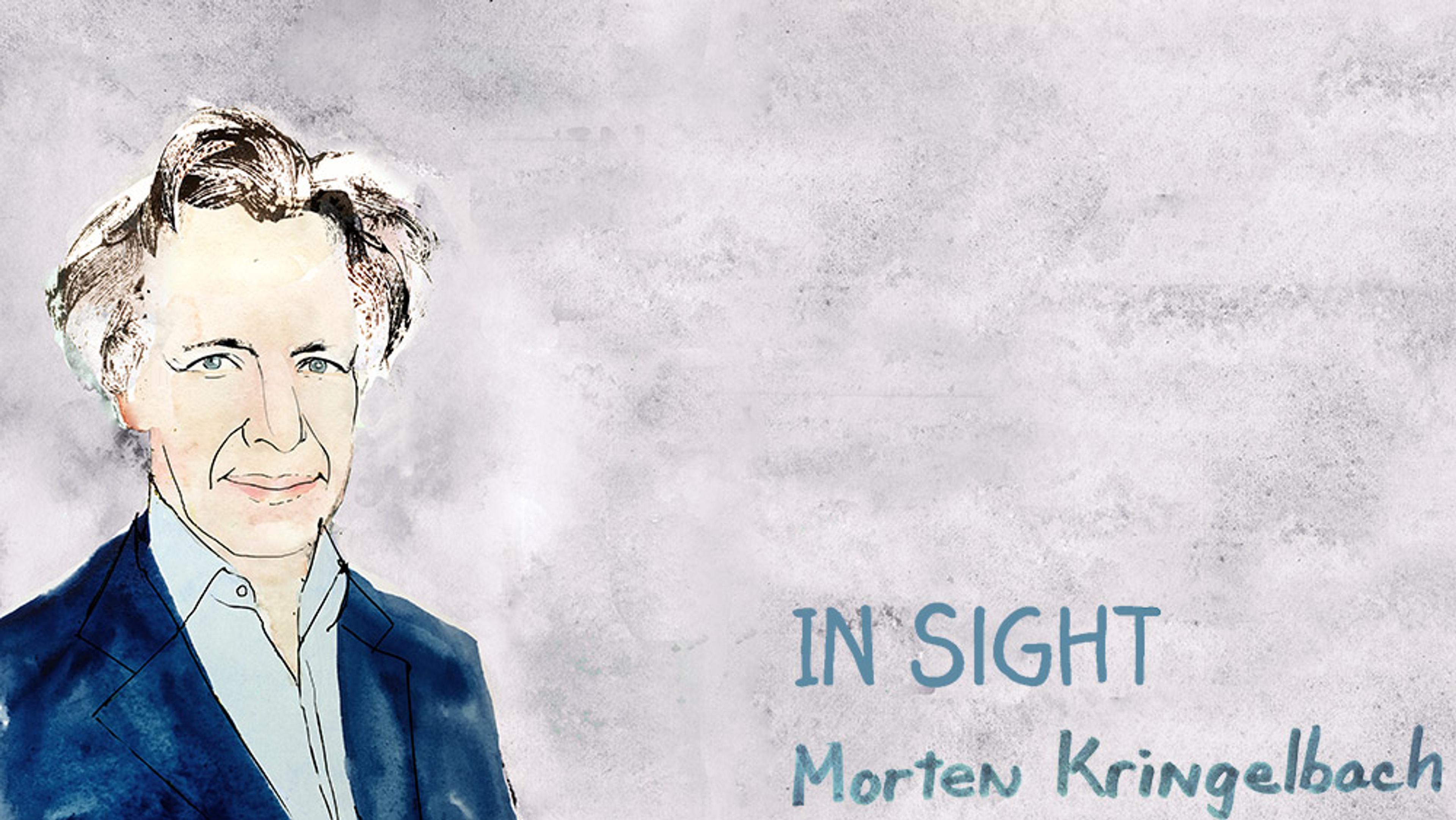Beautiful things might amaze and rouse us, but the sublime affects us in a more profound way. It’s overwhelming, even frightening, and can leave us with a deep and lasting sense of wonder. But why do potential dangers, such as a foreboding storm on the horizon or the view from the edge of a cliff, exhilarate the human mind? The 18th-century philosopher and writer Edmund Burke thought that the sublime involves the possibility of pain, which triggers feelings of self-preservation – a visceral response that moves from the body to the mind.
What separates the beautiful from the sublime?

videoBeauty and aesthetics
In art, the sublime is a feedback loop, evolving with whatever’s next to threaten us
9 minutes

videoBeauty and aesthetics
For Ruskin, words couldn’t capture nature’s palette. So here it is in black and white
6 minutes

videoHistory of ideas
What can the Romantics teach us about confronting modern problems?
20 minutes

videoKnowledge
Can you know everything about colour if you see in black and white? A thought experiment
5 minutes

videoThinkers and theories
Henri Bergson on why the existence of things precedes their possibility
3 minutes

videoPleasure and pain
A happy life is built on pleasures such as sex and food, but also company and variety
7 minutes

videoMeaning and the good life
Would immortality offer a curse of boredom or endless novelty?
6 minutes

videoHistory of ideas
For proof that love is timeless, consider how long philosophers have debated it
6 minutes

videoNature and landscape
The poet Wendell Berry reflects on the sublime peace of escaping into wilderness
1 minute